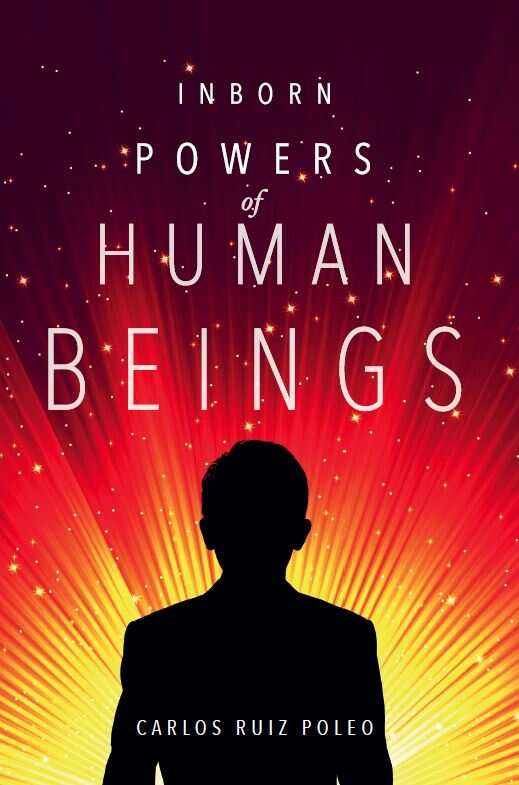Inborn Powers of Human Beings
Poleo explains how humans can control subtle energy for beneficial purposes, including healing, telepathy, and other phenomena.
Inborn Powers of Human Beings, by Carlos Ruiz Poleo, explores the potential of metaphysical energies to improve people’s lives. The book enthusiastically compares the ancient Chinese discipline of Qigong with similar healing practices.
Poleo explains that these ancient practices evolved because spiritually minded people discovered an ability to perceive and activate unseen energy fields. Although difficult to document, such phenomena include intuition, premonition, telepathy, precognition, clairvoyance, and remote viewing. He cites various esoteric systems that use these energies and have been developed through the centuries by Hindu yogis, Chinese martial artists, primitive healers, and Indian shamans. The mystical branches of the Christian, Buddhist, Jewish, and Islamic faiths also employ subtle energy for health and well-being. A frequent visitor to China, Poleo became an advocate and practitioner of Qigong after observing that people who practiced the discipline enjoyed exceptional energy and good health.
Educated in Catholic schools, the author learned as a young adult that miracles, claimed by his church to be singularly available to Catholics, also occurred frequently among believers of other spiritual disciplines. Disillusioned, he began to explore healing practices that involved understanding and control of subtle energy rather than those based solely on religious doctrine. Skepticism of organized religion is evident throughout the book, but Poleo quotes passages from the Bible, the Koran, and the Jewish mystical tradition known as Kabbalah to demonstrate that these religions have long histories of metaphysical healing.
According to the author, a new branch of science called psychic archeology has been developed in which intuitive powers are used to locate the ruins of past civilizations. “Many documented accounts exist of archaeological findings where intuition or retro cognition have provided a valuable contribution to the discoveries,” he writes. Footnotes document this information, as well as other topics.
Poleo initially wrote Inborn Powers of Human Beings in Spanish. This English translation contains some challenges to reader comprehension, such as imprecise word usage, scant punctuation, and convoluted sentence structure. For example, the book explains how discreet meanings of soul and spirit have changed through the centuries: “Due to translation errors likely brought about by religious interests (or, in other cases, by ignorance) these two separate elements were taken as synonymous, and religions started talking about a single element, the soul, even though there were two different concepts.”
Poleo succeeds most effectively when explaining how humans can control subtle energy for beneficial purposes through the practice of Qigong. His personal interest in this discipline’s history and uses in China, and his belief in its efficacy, inform these portions of the book. However, the principles of other esoteric practices are less clearly defined. The narrative lacks organizational structure and includes generalized statements, anecdotal references without attribution, boxed illustrations and charts with no explanatory captions, and typographical errors.
Nevertheless, readers who persevere through this book will be rewarded with an interesting overview of metaphysical healing systems.
Reviewed by
Margaret Cullison
Disclosure: This article is not an endorsement, but a review. The publisher of this book provided free copies of the book and paid a small fee to have their book reviewed by a professional reviewer. Foreword Reviews and Clarion Reviews make no guarantee that the publisher will receive a positive review. Foreword Magazine, Inc. is disclosing this in accordance with the Federal Trade Commission’s 16 CFR, Part 255.

